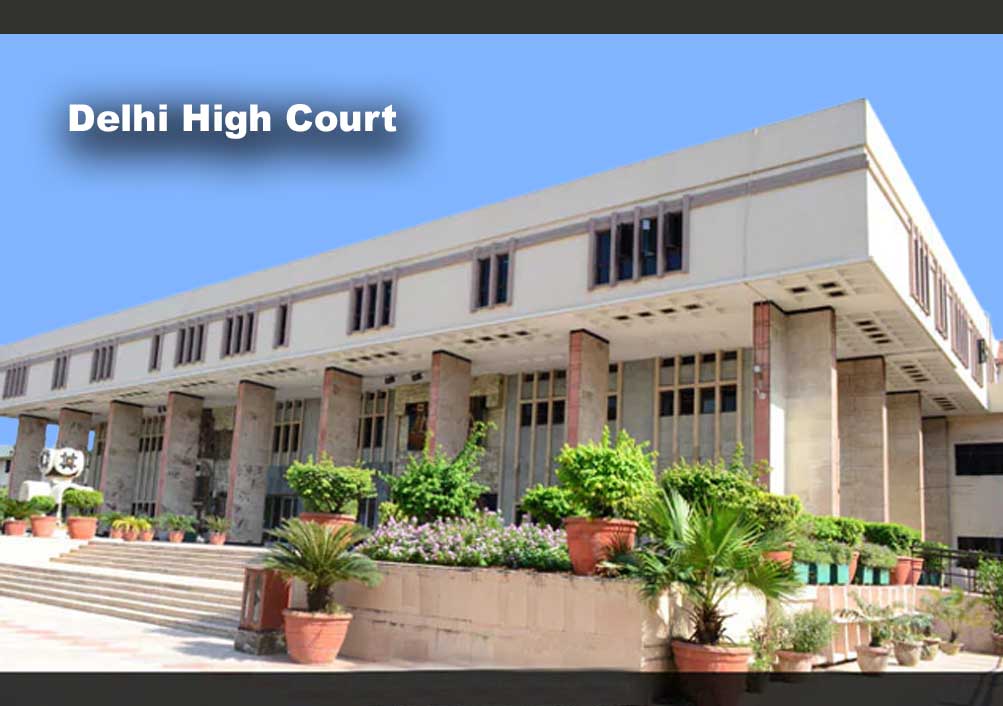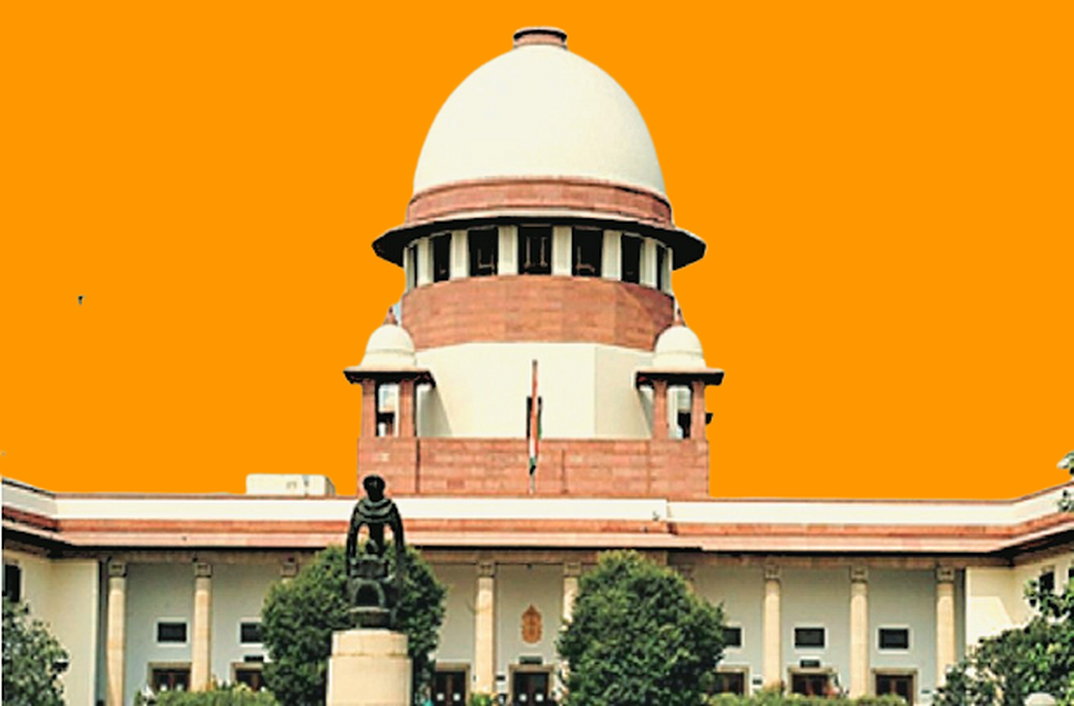Casteist slur case: Punjab & Haryana HC grants partial relief to Yuvraj Singh by quashing charges under IPC but retaining ones under SC/ST Act

Read Order: Yuvraj Singh v. State of Haryana and Another
Monika Rahar
Chandigarh, February 23, 2022: While dealing with the petition seeking quashing of FIR registered against Yuvraj Singh for using the word ‘Bhangi’, a casteist remark to refer to his colleagues in an Instagram Live, the Punjab and Haryana High Court has granted the petitioner partial relief by quashing the offences punishable under Sections 153-A and 153-B of IPC while retaining, in the FIR, the offences punishable under the Scheduled Castes and Scheduled Tribes (Prevention of Atrocities), Act, 1989 (SC/ST Act).
The decision of continuing investigation qua offences under the ST/SC Act was given by Justice Amol Rattan Singh, keeping in mind the aim & object of the SC/ST Act. the Bench said, “Therefore, even if the intention of the user of the word [casteist remark] may not be so but the result thereof is to cause ‘indignities/humiliation to any member of a scheduled caste, by reference to any name of a caste as a derogatory word or a pejorative, the intention of the user of such word may become insignificant, looking at the aims and objective of the Act [SC/ST Act]…”
The entire matter stemmed from an April 2020 live chat between Yuvraj Singh (the petitioner) and his colleague Rohit Sharma on Instagram wherein the petitioner referred to two of his colleagues namely Yuzvendra Chahal and Kuldeep Yadav as “Bhangi”. The video clip of this live chat went viral and as a result, two FIRs (including the one involved in this case) were registered. Thus, the Court was called upon to quash the said FIR registered in District Hansi under Sections 153-A and 153-B of IPC, as also Section 3 (1)(u) of SC/ST Act. To this FIR, subsequently, an offence punishable under Section 3(1)(s) of the Act was also added.
The case of the petitioner’s counsel was that the word Bhangi was used by the petitioner in the context of an inebriated person who consumes bhang (hemp) and not in the context of any caste or community. The Counsel also argued that the complaint which led to FIR registration was made by the complainant to cause harm to the reputation and goodwill of the petitioner for ulterior motives and by unlawful means.
The counsel then submitted that the complainant had no locus standi to register the FIR as the word in question (Bhangi) was neither directed at him nor any other member of the Dalit community. Also, it was argued that the FIR could not have been registered at Hansi (where the complainant resided) because, during the live chat, both the petitioner and Rohit Sharma were not in Hansi.
Further, it was contended that none of the ingredients of either Sections 153-A and 153-B of IPC, or of Section 3(1)(u) of SC/ST Act were made out as the FIR did not specifically allege that the petitioner had the intention of promoting enmity between any different groups on grounds of religion, race, place of birth, residence etc., or of doing any act prejudicial to maintenance of harmony, or being prejudicial to national integration. The counsel also submitted that in June 2020 (before registration of the FIR), the petitioner released a public statement apologizing for the aforesaid remarks.
The Court at the outset addressed the petitioner’s argument about the place of FIR registration. The Court rejected this contention because admittedly the conversation between the petitioner and Rohit Sharma, was via a social media application (Instagram) and thus it could have been viewed anywhere across the world and consequently, whoever was watching such live Instagram chat, no matter at what place such person was located at that time, would have a right to institute a complaint if aggrieved by any part of such conversation. The Court also added that even if the video clip was seen after it became ‘viral’ on social media, then also the complainant had a cause of action as the utterance was made not by way of a private conversation between two persons but on a live chat on social media.
Next, while showing disagreement with the petitioner’s argument on locus standi of the complainant, the Court opined the complainant belonged to Scheduled Caste and thus if he felt hurt mentally, emotionally or psychologically by the usage of the word in question, then he would be a victim in terms of the Act and would have the standing to file the complaint.
Further, on the offence punishable under Section 153-A of IPC, the Court while placing reliance on Supreme Court in Manzar Sayeed Khan v. State of Maharashtra and another, (2007) 5 SCC 1, wherein intention to cause disorder or incite the people to violence was held to be the sine qua non of the offence under Section 153-A IPC, opined that the petitioner used the word ‘Bhangi’ in the context of a friend (Yuzvender Chahal) making his father dance, thus, an offence punishable under Section 153-A of IPC was not made out as there was no intention to promote any disharmony or feeling of enmity between any two or more sections of society.
Then coming to the question of whether an offence punishable under Section 153-B of IPC was prima facie made out against the petitioner, the Court adjudged that even a bare reading of any of the clauses Section 153-B (1) would not apply to the phrase or the word used by the petitioner in any manner, as it was not his intention to say either that any particular caste does not bear true faith and allegiance to the Constitution of India or does not uphold the integrity of India; or that any member of such particular caste or class should be denied or deprived of his/her right as a citizen of India and further, neither did he make any assertion, council, plea or appeal concerning the obligation of any class or caste to cause disharmony or feelings of hatred or enmity or ill-will between any person.
Lastly, addressing the question of whether the phrase and the word used by the petitioner would (prima facie) fall within the purview of either Section 3(1)(s) or Section 3(1)(u) of SC/ST Act, the Court opined that the usage of the word (Bhangi) by the petitioner to state that his friend did not do something good by making his father dance in a ceremony, seemed to it to be used in a pejorative manner and not in a good sense.
Further, keeping in view the object of the Act, the Court opined that if the effect of the word used is causing emotional hurt, humiliation to any members of scheduled castes and scheduled tribes, a particular caste name having been used in a derogatory manner, even if the intention of the petitioner was not to so hurt any person, yet it would not entitle the High Court to quash the FIR on that ground, even though the petitioner was willing to do charitable work for the welfare of Scheduled Castes and Scheduled Tribes.
While highlighting the need for further investigation in the matter in light of the aim and object of the Act, the Bench added,“It is to be again observed by this court that the Act of 1989, as amended up to date, is intended to serve the purpose of betterment of the lives of persons belonging to the Scheduled Castes and Scheduled Tribes and consequently, in the opinion of this court, usage of word -names denoting particular Scheduled Castes or communities as derogatory words, would amount to insulting any such person belonging to that caste and hence, whether any offence under the provision of that Act is made out or not, would need to be properly investigated by the investigating agency concerned.”
Thus, the petition was partially allowed to the extent that offences punishable under Sections 153-A and 153-B of the IPC were not found to be committed by the petitioner even prima facie, but the petition was dismissed concerning the offences punishable under the provisions of SC/ST Act of 1989.
Sign up for our weekly newsletter to stay up to date on our product, events featured blog, special offer and all of the exciting things that take place here at Legitquest.




Add a Comment